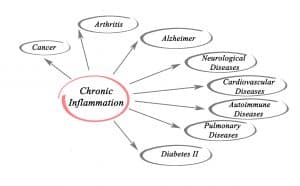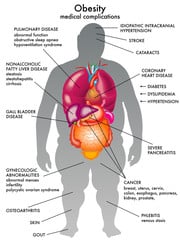How are Cancer and Diabetes Related
Cancer and diabetes are two distinct medical conditions, but there are some indirect connections between them. Here are a few ways in which cancer and diabetes can be related:
Insulin Resistance:
- Type 2 diabetes is characterized by insulin resistance, where the body’s cells do not respond effectively to insulin. Insulin resistance has been associated with an increased risk of certain cancers.

- Chronic inflammation is a common factor in both diabetes and cancer. Inflammation is believed to play a role
- in the development and progression of various cancers, and it is also associated with insulin resistance in diabetes.
Hyperinsulinemia:
- People with type 2 diabetes often have elevated levels of insulin in their blood (hyperinsulinemia). High insulin levels may promote the growth of some types of cancer cells.

- Unhealthy lifestyle choices such as a poor diet, smoking, and excessive alcohol consumption are risk factors for both cancer and diabetes.
Certain Medications:
- Some medications used in the treatment of diabetes, such as insulin and certain oral hypoglycemic agents, may have growth-promoting effects that could potentially influence cancer development.
It’s important to note that while there are these associations, having diabetes does not necessarily mean a person will develop cancer, and vice versa. Additionally, the relationship between diabetes and cancer can vary depending on the type of cancer.


By achieving good overall health, proper nutrition can help reduce the risk of cancer, keep you healthier during treatment, and combat side effects and illness. Andrea will work together with you to create a personalized survivorship roadmap that will help you to boost your immune system, increase your strength and energy, and reduce the risk of injury and comorbidities such as diabetes, osteoporosis, lymphedema, CVD, and future cancers. While genetics certainly play a role in our overall health, somatic changes that occur over a lifetime from environmental toxins and oxidative stress may be an even bigger predictor of disease or wellness. You are in control of your health and Andrea will arm you with the tools you need to live your best life.

 Shared Risk Factors:
Shared Risk Factors: